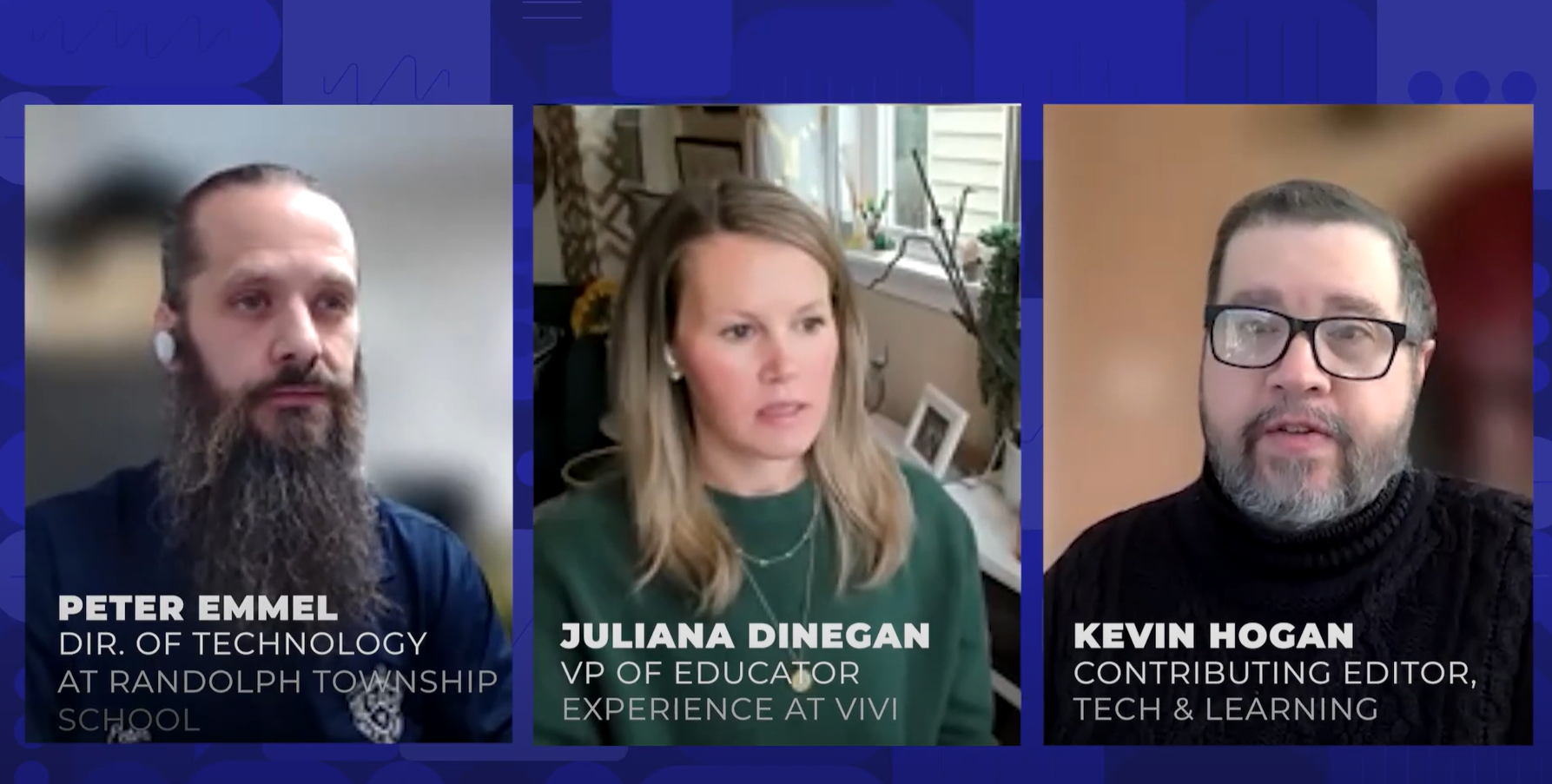Angus S. King Jr.
T&L contributing editor Matt Bolch interviewed with Angus King Jr. to find out more about his thoughts on edtech.
MB: How has the reality of the Maine laptop initiative changed from your vision of it?
AK: The original vision for the project was grades 7-12 in a one-to-one environment. In the early years of implementation, the state ran into budget problems and was unable to carry it beyond the eighth grade. For the first six years, it was only grades seven and eight, which still made it the biggest technology program in the country. It expanded to high school for the 2009-2010 year and half of the high schools opted in.
In terms of how the reality differed from the original vision, there were advantages I didn’t anticipate. Almost immediately, schools saw a significant drop in discipline problems and an increase in attendance. Also, it turned out to be a great boon to special ed kids. The biggest thing we’ve learned is all about the teachers. Not surprisingly, success (or lack of it) is based upon school leadership and the preparation of teachers.
MB: As a college lecturer, how important is technology there?
AK: Students come with a total familiarity with the use of technology. It’s sort of assumed. A lot of assignments are online. Never any question about how to do this. Readings are online. I use YouTube to show speeches by Martin Luther King Jr., (President) Obama, Hitler, Eleanor Roosevelt. It's really enhanced the experience.
I have a mid-term a couple of weeks ago, and all but four students took it on their laptops and hit send. It's easier to read and grade than if they used a Blue Book.
Tools and ideas to transform education. Sign up below.
MB: Are you involved in education technology issues?
AK: When I left office, I realized there were things the state couldn’t or didn't have the wherewithal to do, so I set up the nonprofit Maine International Center for Digital Learning (www.micdl.org). What we do is provide at no cost home Internet access to all kids in Maine who are in the free or reduced price lunch program; digital pedagogy about how to integrate technology in the classroom and how to teach teachers to integrate technology; and to assemble research on technology in one place to determine best practices.
